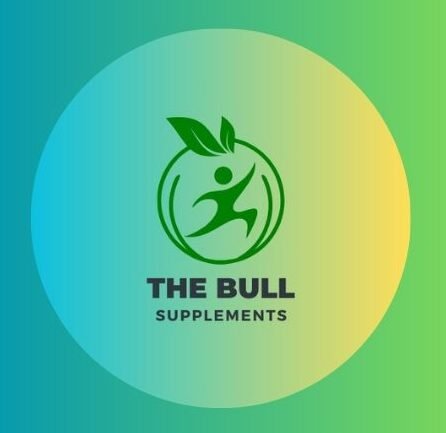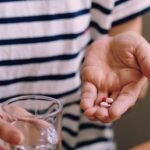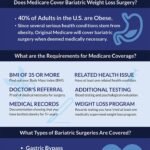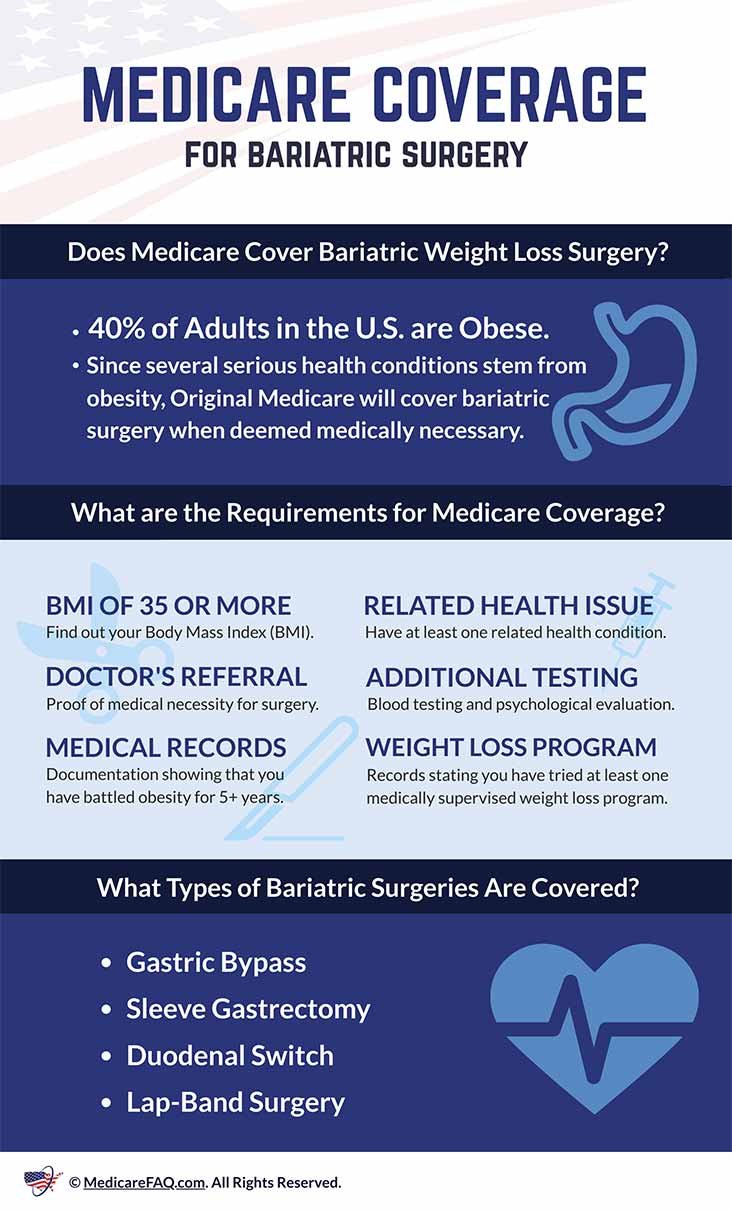To restore gut health after antibiotics, it’s essential to consume probiotic-rich foods and take prebiotic supplements. Hydration and a high-fiber diet also support microbiome recovery.
Antibiotic use is sometimes a necessary step in fighting bacterial infections, but it can lead to a depletion of the body’s good bacteria, particularly in the gut. Reestablishing a healthy gut microbiome is crucial for maintaining overall health, as it affects everything from digestion to immune function.
Implementing a diet rich in probiotics can significantly help in replenishing beneficial bacteria. Probiotics are live microorganisms that, when administered in adequate amounts, confer a health benefit on the host. Found in fermented foods like yogurt, kefir, sauerkraut, and kombucha, they can aid in rebalancing gut flora. Additionally, prebiotic foods such as bananas, onions, and garlic provide the necessary fuel to help these friendly bacteria thrive. Drinking plenty of water also assists in flushing out toxins and promoting a healthy digestive tract. Focusing on these steps helps pave the way to a restored and resilient gut ecosystem.
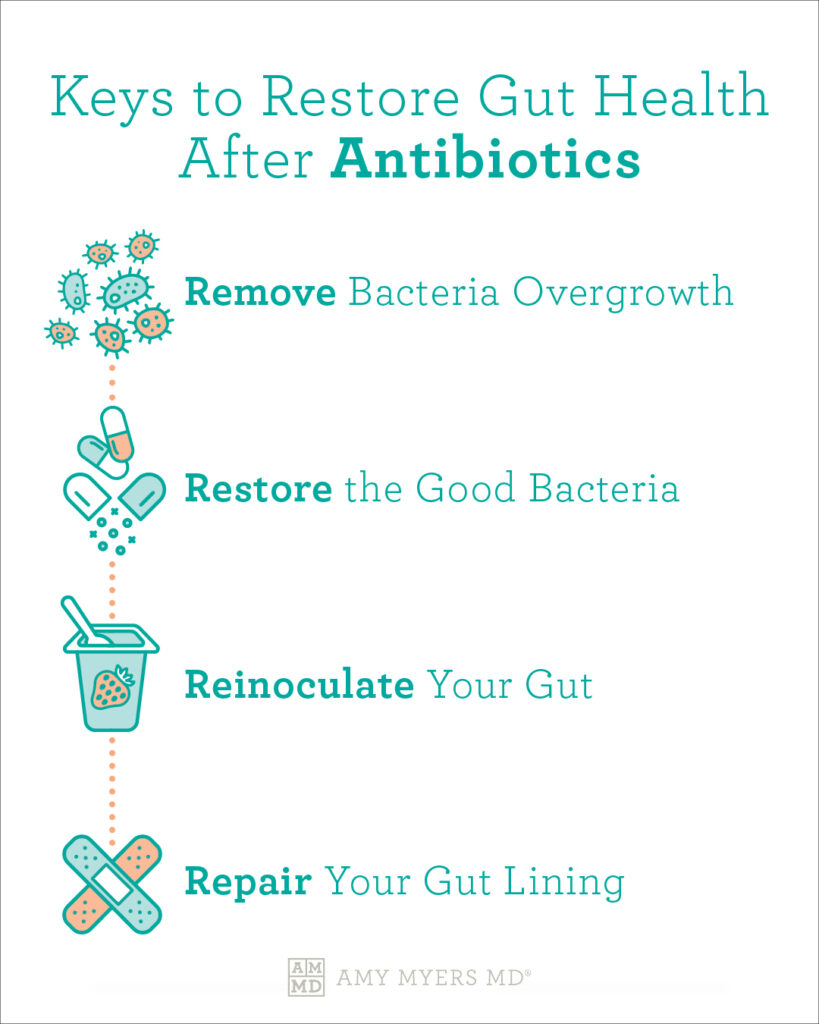
Credit: www.amymyersmd.com
Introduction To Antibiotics And Gut Health
Welcome to the world of gut health and antibiotics. Antibiotics are life-saving drugs that fight bacterial infections. They are crucial in modern medicine. Yet, they can disrupt the delicate balance of our gut microbiome. This blog post dives into the significant role antibiotics play and how they affect our digestive system.
Antibiotics: A Double-edged Sword
Antibiotics save lives, but they can also cause harm. They kill bad bacteria. Good bacteria often die too. This can lead to gut health issues. Doctors advise antibiotics only when needed. Overuse can lead to more damage. Restoring gut health afterward is vital.
The Impact Of Antibiotics On The Microbiome
Antibiotics have a deep impact on the microbiome. The microbiome has many good bacteria. These bacteria help with digestion and protect against disease. Antibiotics can change this balance. This can cause stomach problems and weaken the immune system.
Antibiotics: A Double-edged Sword
The Impact Of Antibiotics On The Microbiome
The Microbiome Explained
Antibiotics are crucial when fighting bacterial infections. Yet, they can disrupt our gut health. What’s behind this delicate balance? It’s the intricate world of the human microbiome.
Defining The Human Microbiome
The human microbiome consists of trillions of microorganisms.
These include bacteria, viruses, and fungi living in our bodies.
Most congregate in the gut, especially the colon.
- No two microbiomes are the same; just like fingerprints.
- Each person’s background, diet, and environment affect their microbiome.
Roles Of Gut Bacteria In Our Body
| Function | Description |
|---|---|
| Digestion | Gut bacteria help break down complex molecules in foods. |
| Immunity | They form a barrier against pathogens and stimulate immune responses. |
| Mental Health | Compounds from gut bacteria can affect mood and brain function. |
| Vitamin Production | Some species are capable of synthesizing vitamins like B and K. |
| Inflammation Control | Healthy gut bacteria regulate inflammation, preventing chronic diseases. |
Restoring gut health after antibiotic use is crucial. Such treatments often eliminate beneficial bacteria alongside the harmful. Knowing how to replenish these friendly microbes is key to maintaining a balanced microbiome.
Recognizing Antibiotic Side Effects
Taking antibiotics can upset your stomach. You might feel changes in your gut. It’s vital to spot these changes early.
Common Gut-related Side Effects
Antibiotics can lead to gut discomfort. Signs include:
- Nausea – Feeling sick and wanting to throw up.
- Diarrhea – Going to the toilet more, with watery stool.
- Bloating – Your tummy feels full and tight.
- Cramps – Sharp pains in your belly.
- Yeast infections – Itchy growth in warm, moist areas.
Long-term Implications For Your Microbiome
Long use of antibiotics may harm good germs. These germs help digest food and fight bad ones.
| Microbiome Component | Effect of Antibiotics |
|---|---|
| Good Bacteria | Numbers Drop |
| Digestive Enzymes | Balance Alters |
| Gut Lining | Can Weaken |
Changes could last for months. In some, changes stick around longer. This can lead to food sensitivities or gastro problems.
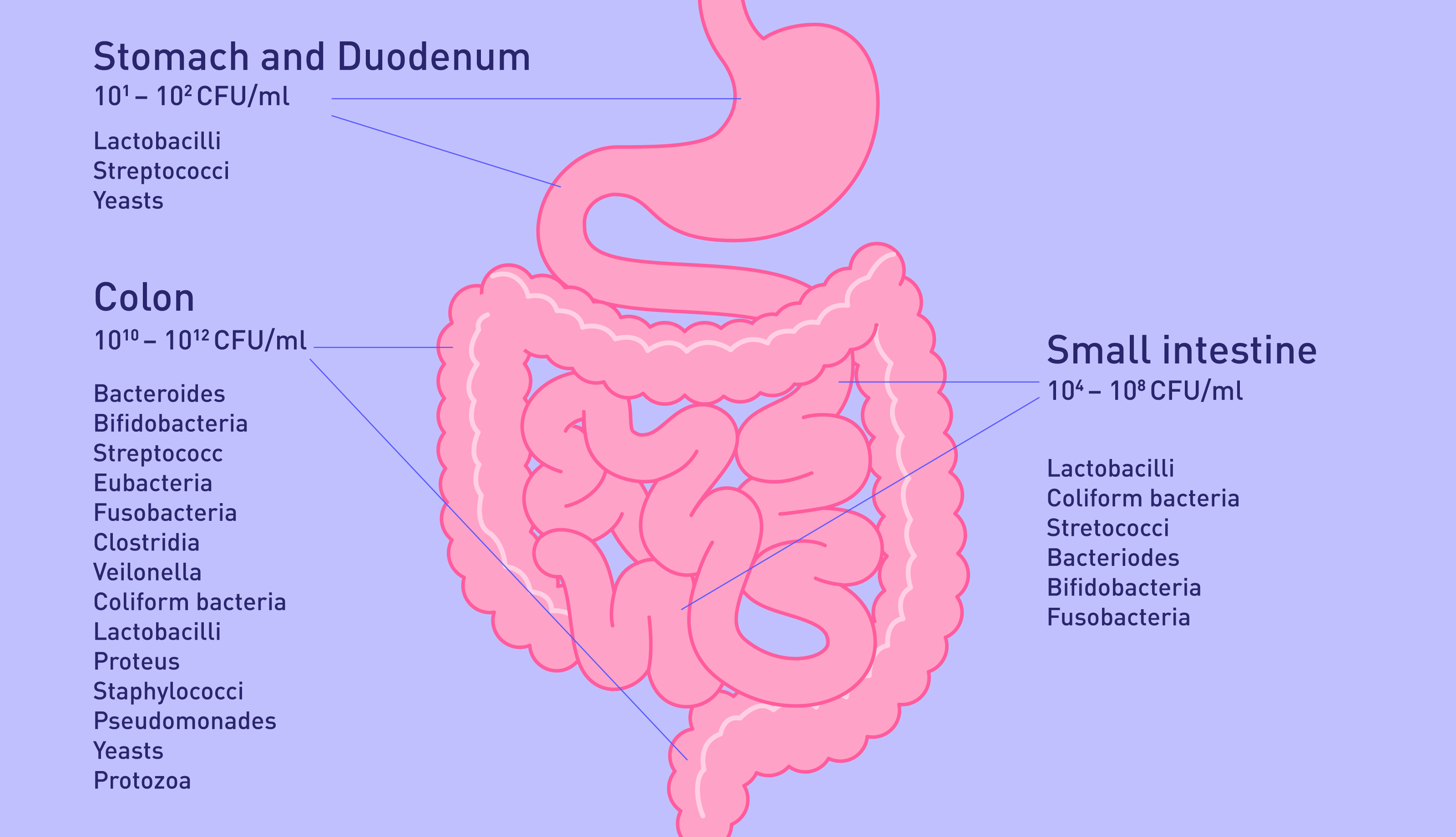
Credit: atlasbiomed.com
Mapping The Road To Recovery
Antibiotics can be lifesavers, but they can also disrupt your gut health. Understanding how to get your digestive system back on track is crucial. In this guide, we’ll navigate the road to recovery. It’s about healing from within and fostering a happy gut environment.
How Long Does Recovery Take?How Long Does Recovery Take?
Recovery time varies from person to person. Factors like the duration and type of antibiotic, individual health, and diet play a role. It can take anywhere from a few weeks to several months. Observe your body’s response closely and be patient. Slow and steady wins the race in restoring gut health.
The Phases Of Microbiome Restoration
Microbiome restoration follows distinct phases. Each phase supports healing and balance. Here’s a closer look:
- Elimination: Remove substances that stress the gut, like processed foods and sugars.
- Replenishment: Introduce probiotic-rich foods to encourage beneficial bacteria growth.
- Maintenance: Adopt a fiber-rich diet to sustain the microbiome diversity.
- Resilience: Live an active lifestyle and manage stress for long-term gut health.
Remember, each journey is unique. Embrace this personalized path and witness your gut flourish once again.
Dietary Strategies For Gut Revival
Gut health can take a hit after a round of antibiotics. Friendly bacteria may decrease. The right diet helps revive your gut flora. In this post, we’ll explore dietary strategies to rejuvenate your gut health.
Foods To Focus On
Eating certain foods can help repopulate your gut with beneficial bacteria and healing compounds:
- Fermented Foods: Include sauerkraut, kimchi, and kefir for probiotics.
- High-Fiber Foods: Vegetables, fruits, and legumes feed good bacteria.
- Prebiotic-Rich Foods: Items like garlic, onions, and bananas support growth.
- Lean Proteins: Prioritize chicken, fish, and plant-based options.
- Bone Broth: Contains nutrients that assist gut lining repair.
Foods To Avoid Post-antibiotics
Some foods can inhibit the growth of healthy bacteria in your gut. Limit or avoid these:
| Food Type | Examples to Avoid |
|---|---|
| Sugary Foods | Cakes, candies, sodas |
| Processed Foods | Chips, ready-meals, fast food |
| Alcohol | Beer, liquors, wines |
| Fatty Foods | Deep-fried items, high-fat dairy |
Probiotics And Prebiotics
Restoring gut health after antibiotic use is crucial. Antibiotics can disrupt the delicate balance of the gut microbiome. They kill harmful bacteria, but also the good ones. To help the gut recover, probiotics and prebiotics play a pivotal role. Probiotics introduce beneficial bacteria to the gut. Prebiotics feed these good bacteria. Together, they help rebuild a healthy gut environment. Let’s explore how to harness these powerful allies effectively.
Harnessing Probiotics To Replenish Gut Flora
Probiotics are living microorganisms. They bring balance back to the gut. After antibiotics, they are critical. They boost the immune system and protect against pathogens. It’s easy to include them in your diet:
- Eat fermented foods: Yogurt, kefir, and sauerkraut are great sources.
- Try supplements: High-quality probiotic supplements can be effective.
- Consult a professional: They can recommend specific strains that your gut needs.
Consistency is key. Take probiotics daily. Keep the beneficial bacteria coming.
Incorporating Prebiotics For Microbial Growth
Think of prebiotics as food for probiotics. They are non-digestible fibers. They help good bacteria thrive. Here’s how you can add them to your diet:
- Select rich foods: Onions, garlic, and bananas are full of prebiotics.
- Combine with probiotics: Eating them together is more beneficial.
- Increase intake slowly: Too much too fast can cause discomfort.
Prebiotics nourish your gut flora. They support a balanced digestive system.
Lifestyle Changes To Support Gut Health
Restoring gut health after antibiotics involves more than just diet changes. Embracing a holistic approach with beneficial lifestyle adjustments may enhance your microbiome balance. Within this section, we will explore key lifestyle habits that can support and revive your gut health.
Importance Of Hydration
Staying well-hydrated is crucial for gut health. Water helps the gut dissolve fibers and nutrients, improving their absorption and encouraging a healthy bowel movement. Think of it as a river that flushes out waste and toxins from your body. Aim for at least eight glasses of water daily, but listen to your body’s needs.
Exercise And Its Effects On The Microbiome
Regular physical activity impacts gut bacteria positively. Exercise stimulates gut motility and diversity. It reduces inflammation by boosting healthy bacteria. Strive to incorporate a mix of cardio, strength, and flexibility exercises throughout your week to maximize benefits.
Simple Lifestyle Tweaks:
- Sleep 7-9 hours nightly for gut recovery.
- Minimize stress, which can disrupt microbiome balance.
- Choose natural, unprocessed foods to nourish your gut.
- Limit alcohol and caffeine, which can aggravate the gut lining.
| Daily Water Intake | Exercise Type | Frequency |
|---|---|---|
| ≥8 glasses | Cardio | 3-5 times a week |
| Adjust as needed | Strength Training | 2-3 times a week |
| Include herbal teas | Flexibility Exercises | Daily |
Supplementary Tactics
After finishing a course of antibiotics, your gut might need some extra care. Supplementary tactics can support your microbiome and help restore balance. Use them alongside your regular diet. You can try several approaches to bring your gut health back to its glory.
Considering Herbal Supplements
Herbal supplements may boost your gut’s recovery. Select the right herbs for gut support. You’ll want to focus on those known for their healing properties. Below is a list of herbs that could help. Remember, always consult a professional before starting any supplement.
- Garlic – known for antimicrobial properties
- Ginger – may help digestion and reduce inflammation
- Peppermint – traditionally used to ease the stomach
- Fennel – can reduce bloating
- Slippery Elm – might assist with coating the digestive tract
Understanding Fermented Food Benefits
Fermented foods are full of good bacteria. These foods boost gut flora naturally. Let’s look at some options you can add to your diet:
| Fermented Food | Benefit for Gut Health |
|---|---|
| Yogurt | Restores balance with probiotics |
| Kefir | Packed with a variety of bacterial strains |
| Sauerkraut | Rich in enzymes, aids digestion |
| Kombucha | Can improve metabolism |
| Miso | Stimulates the digestive system |
Mind-gut Connection
Did you know your brain and gut “talk” to each other? This chat happens through nerves and hormones. After antibiotics, this chat might need some help. Fixing your gut can make you feel better both inside and outside.
Stress Reduction Techniques
Feeling calm is key for a happy gut. Here are quick ways to kick stress away:
- Breathe deeply – It tells your body to relax.
- Walk outside – Nature makes your mind calm.
- Play with a pet – Animals make us smile.
- Laugh – It’s like a mini workout for your insides.
The Role Of Sleep In Gut Health
Sleep is like a reset button for your gut. Not enough sleep can make your gut unhappy. Let’s see how sleep helps:
| Sleep | Happy Gut |
|---|---|
| 7-9 hours | Gives your gut time to fix itself |
| Dark room | Makes sleep deeper and better |
| Regular times | Sets your body’s clock for good gut habits |
Monitoring Your Progress
After taking antibiotics, it’s vital to check how well your gut is healing. This means watching for positive changes in your digestion and overall health. Let’s dive into how you can monitor your progress effectively.
Recognizing Signs Of A Healthier Gut
A healthy gut makes you feel good from the inside out. Here are key signs that your gut is getting better:
- Better digestion without gas or bloating.
- Regular bowel movements that are not too hard or soft.
- Improved energy levels and clearer thinking.
- Fewer cravings for sugar and unhealthy foods.
- Clearer skin, as gut health often reflects on your complexion.
When To Seek Medical Advice
It’s important to know when to get help. If you notice any of the following, talk to a doctor:
| Sign | Action |
|---|---|
| Persistent digestive issues | Seek advice |
| Severe stomach pains | Visit a doctor |
| Unintended weight changes | Consult a professional |
| Frequent illness or infections | Get a check-up |
Stay in tune with your body and reach out for help when needed. You know your body best.

Credit: www.tinyhealth.com
Frequently Asked Questions
How Long Does It Take For Gut Bacteria To Recover After Antibiotics?
Gut bacteria recovery after antibiotics varies, but typically takes around one to two months. Factors like diet and pre-existing health can affect this timeline.
What Foods Restore Your Gut After Antibiotics?
Eat probiotic-rich foods like yogurt and sauerkraut to restore gut health after antibiotics. Include prebiotic fiber from bananas, onions, and garlic to support beneficial bacteria. Sip on bone broth and stay hydrated for gut lining repair.
What Are The Best Probiotics To Take After Antibiotics?
The best probiotics post-antibiotics include Lactobacillus, Bifidobacterium, and Saccharomyces boulardii strains. These support gut health and restore balance. Choose multi-strain formulas with high colony-forming units (CFUs) for optimal benefits.
How Do I Get My Gut Bacteria Back To Normal?
To normalize gut bacteria, eat a diverse range of fiber-rich foods, include fermented foods in your diet, reduce sugar intake, stay hydrated, and ensure proper sleep. Probiotics and prebiotic supplements might also help. Consult a healthcare provider for personalized advice.
Conclusion
Restoring your gut health post-antibiotics is essential. Include probiotics, prebiotics, and fermented foods in your diet. Stay hydrated and consider consulting a healthcare professional for personalized advice. By embracing these steps, you’ll aid your gut’s recovery and boost overall well-being.
Embrace the journey to a happier gut starting now.
